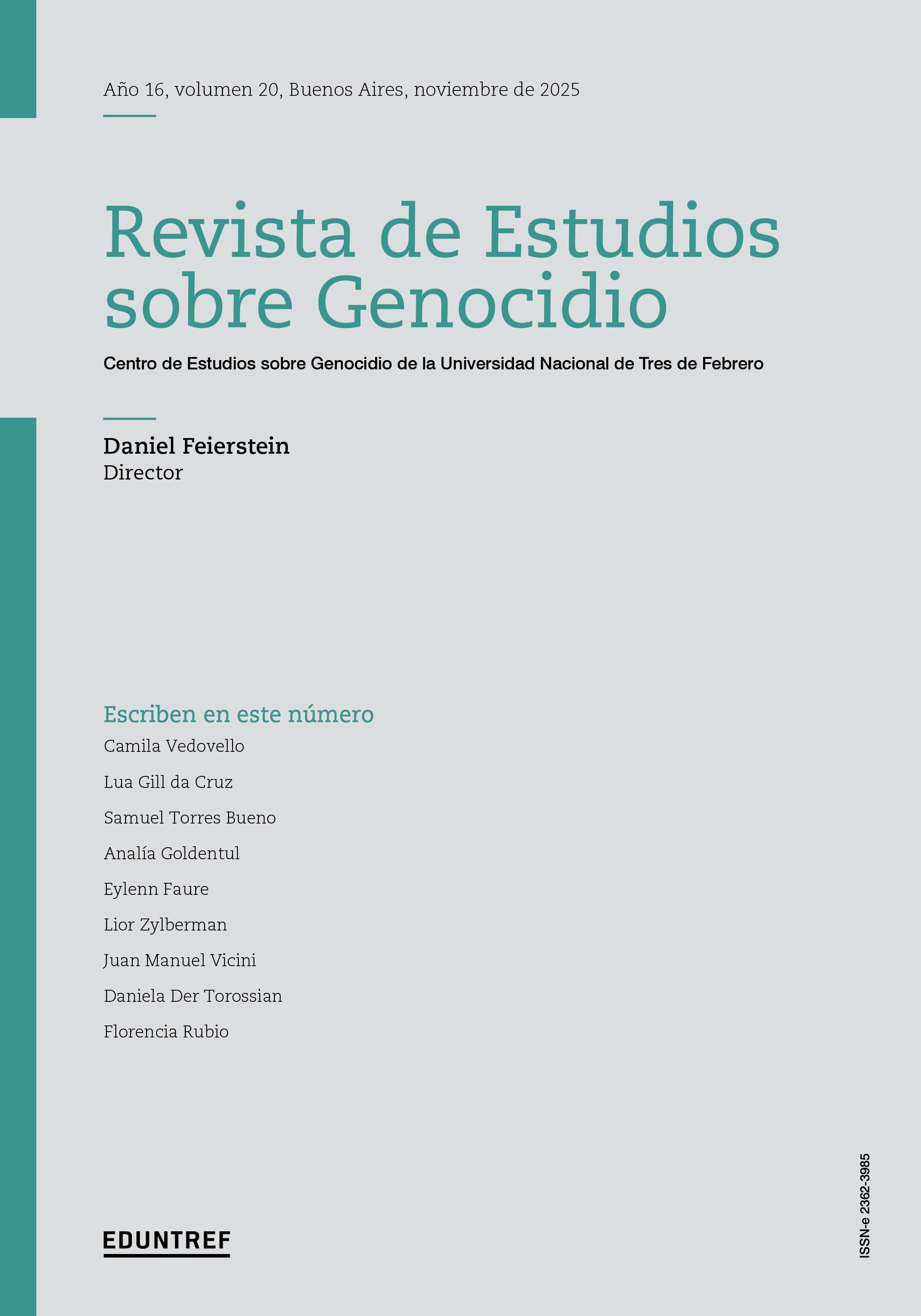Abstract
The article analyzes the documentary Bastardo, la herencia de un genocida, by Pepe Rovano, and the literary text La resaca de la memoria, by Verónica Estay Stange, both of which explore the personal and collective spoils inherited by their authors - both descendants of perpetrators of the Chilean dictatorship (1973-1990). Drawing on the theories of Michael Rothberg (2019), around the concept of “implication,” and Gabriele Schwab (2010), about “haunting legacies,” we seek to examine how Rovano and Stange ethically, politically, and artistically elaborate the violence committed by their relatives, as well as the ways in which they confront these violent legacies. Both the film and the play construct “disobedient” testimonies that challenge the pacts of silence and impunity still in force, contributing to the critique of the continuity of repressive practices. In addition, they promote in-depth reflections on state violence and human rights in Latin America, especially at a crucial moment for the revision of the frameworks of social memory: the 50th anniversary of the coup d'état in Chile.

This work is licensed under a Creative Commons Attribution-NonCommercial 4.0 International License.

